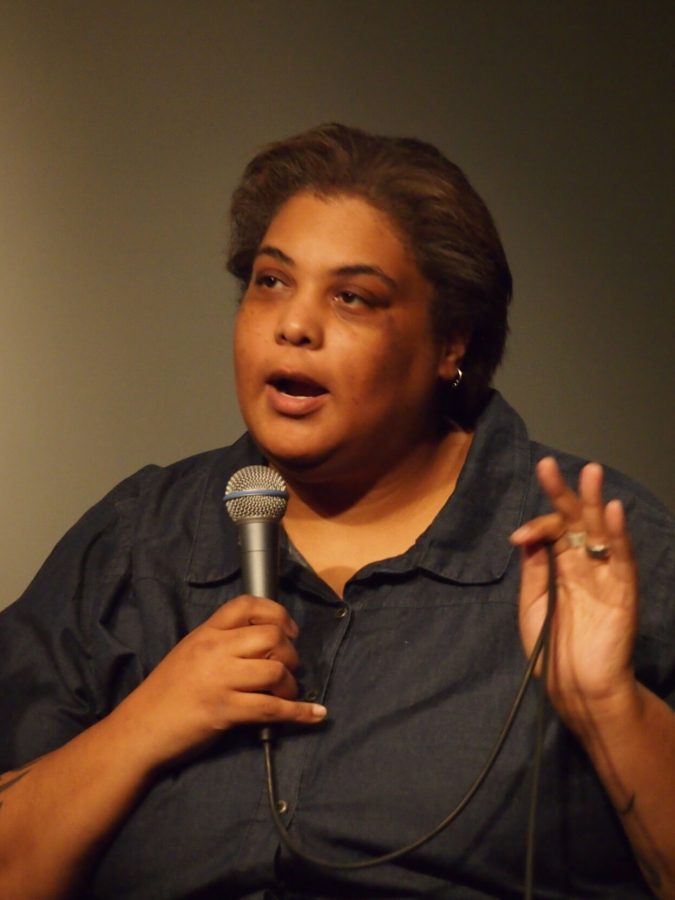TW: mentions of Sexual Assault
As we finished up what seems to be the last phases of the pandemic this past summer, I took a lot of time to read new books and explore new authors that I have not previously looked into before.
I am one to usually go after a good thriller or dystopian novel but wanted to go outside of my comfort zone.
This is why I came across author Roxanne Gay, someone whose work resonated with me. One of her books that I took the time to read and digest was “Hunger: A Memoir of (my) Body”.
I admire how the “my” in this title is implied as it is about Gay’s personal struggles with her body and self image. However, in reality she understands that many can relate and share the same struggles when it comes to their body and weight. Although it is a personal sharing from Gay, this work becomes something personal as well to those who read it and resonate with it. Gay did this in a selfless intentional manner.
Body image is such a complex topic, yet its foundation is rooted in misogyny and patriarchy.
Gay explores this idea as she lets us in on her long journey of weight loss and weight gain. For Gay, like many women, weight loss was not something that stayed permanently, like usually conveyed in society when boasting about “healthy” life styles. She had to deal with fluctuations.
Gay’s weight gain came in response to the immense trauma she faced as a young child and teen. After dealing with sexual assault at the age of 12, Gay would almost force herself to eat in order to gain weight. She writes, “I ate and ate and ate in the hopes that if I made myself big, my body would be safe” (1).
My heart hurt for Gay as I read this passage. Gay found herself internalizing a battle of wanting to be “undesirable” for protection, yet also wanting to find self acceptance of her body. For anyone who knows of this process, it is tantalizing and demanding.
As you read this memoir, the long journey that she depicts is one that makes you feel for her. It has immense highs and deep lows, with many paradoxical concepts of why she has gained this weight and why she wants to lose it at the same time.
Moreover, Gay writes on her family’s adamant attempts to “fix” her weight problem, which caused an emotional disconnect between them. Gay felt ridiculed by many, her family included, and she felt alone in this journey.
It is said that family is supposed to be a guaranteed beacon for everyone. Even with what may seem like good intentions, this may not always be the case. This is something I could relate with as well.
We read of the societal pressures that perpetuate what usually causes most women to keep weight on or, if not that, gain weight back.
Gay goes on to explain to us that no matter how hard she tries, or whatever her attempts may be, she will never find happiness in a society that equates “fatness” to misery and weight to equal worthiness (1).
This is something that many people similar to Gay, like myself, have come to accept. We live in a mostly fatphobic society, despite what people may claim.
We see this play out a lot on social media. Platforms like Instagram and TikTok show us exactly why we may never get to a point of TRUE body acceptance.
Due to this fact, it’s hard for women like Gay and myself to ever fully accept our bodies. This makes self acceptance an ongoing journey with many twists and turns that keep on coming.
1) https://www.theatlantic.com/entertainment/archive/2017/06/the-boldness-of-roxane-gays-hunger/530067/





















































